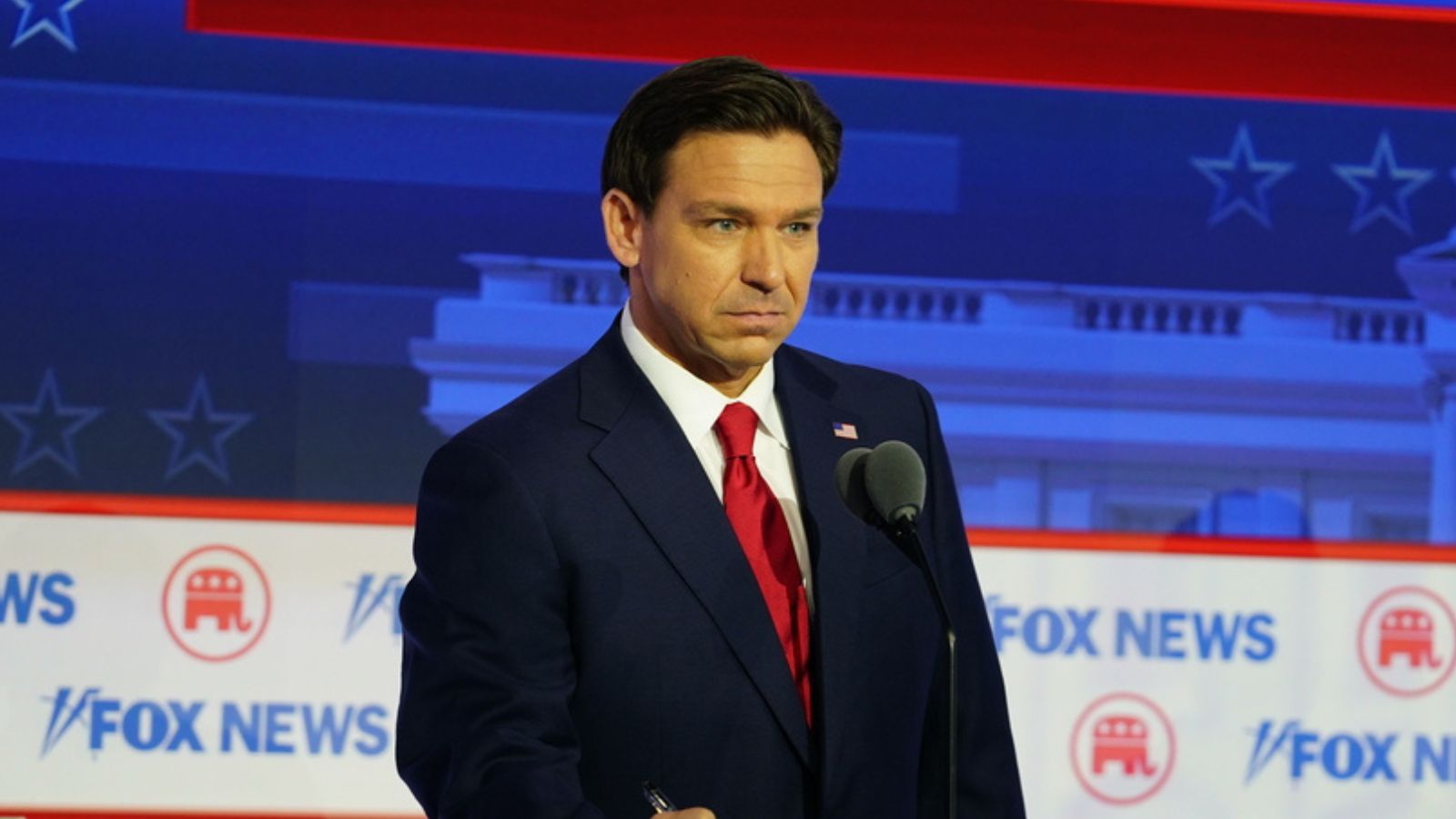The Miami-Dade teachers union could be at risk of decertification within the next two years after failing to meet the required membership dues threshold set by a Florida law signed by Governor Ron DeSantis. Florida Senate Bill 256 mandates that at least 60% of a public sector union’s members must pay dues; failure to meet this requirement could lead to decertification.
Florida’s Senate Bill 256 and Its Impact

Under Senate Bill 256, signed into law by Governor DeSantis, public sector unions must ensure that a minimum of 60% of their members pay dues to remain certified.
Union’s Struggle to Meet the 60% Threshold

The United Teachers of Dade, representing Miami-Dade County Public Schools, recently announced that it had not achieved the required 60% membership density as mandated by the law. This failure has initiated the process of potential decertification.
Read More: Turkey and Hungary Reevaluate Ties with Russia Amid Ongoing Ukraine Conflict
Union’s Response and Next Steps

In response to falling short of the dues requirement, the union is gathering Showing of Interest cards to demonstrate support for unionization. This step is crucial to maintaining the union’s contract, wages, and benefits.
Hurdles for Union Survival

The union now faces the challenge of proving that at least 30% of Miami-Dade teachers support unionization to proceed to a certification vote. In this vote, at least half of the union’s members must support continued certification. However, even if these thresholds are met, the ongoing struggle to achieve the 60% dues requirement poses a recurring threat of decertification.
DeSantis Administration’s Approach to Unions

Florida’s Governor DeSantis and his administration have enacted several laws targeting public sector unions. One significant change is the requirement that teachers sign up voluntarily to pay dues when joining a union, as opposed to automatic deductions from their wages. This shift has made it more challenging for unions to meet the 60% membership dues requirement.
Also Read: New Details Emerge on Planned March on Jan 6th And White House Involvement
Impact of DeSantis Policies

DeSantis’ policies, including those related to union dues collection, have created hurdles for unions, impacting their ability to maintain certification.
Unique History with Governor DeSantis

The United Teachers of Dade has a unique history with Governor DeSantis. The union’s president, Karla Hernandez-Mats, was the Democratic nominee for lieutenant governor in 2022, running alongside Charlie Crist. DeSantis and his running mate, Jeanette Nunez, won in a significant victory, marking the first time Miami-Dade County voted for the Republican ticket in two decades.
Political Implications

The union’s connection to the Democratic ticket in 2022 adds a political dimension to the challenges it faces under the DeSantis administration.
With ongoing efforts to maintain certification and the need to address the 60% membership dues requirement, the Miami-Dade teachers union faces an uncertain future.
Read More: Pressure Mounts on NATO Allies Following Germany’s Move to Deploy Military
Legislative Impact on Public Sector Unions

The case of the Miami-Dade teachers union highlights the impact of legislative changes on public sector unions in Florida.
Union Solidarity and Persistence

Despite the challenges posed by SB 256, the union is emphasizing its solidarity and commitment to fighting for the collective wellbeing of its members.
The United Teachers of Dade plays a critical role in advocating for educators and their rights within the education system in Miami-Dade County.
As the union navigates the complexities of SB 256 and related legislation, its continued existence remains a subject of concern.
Read Next: NYT Corrects Hunter Biden Quote Amidst Backlash For “Illiberal Bias”
Continued Political and Legal Challenges

Public sector unions in Florida continue to face political and legal challenges that impact their operations and sustainability.
More from The Stock Dork – Increase in U.S. Prison Population Signals a Shift in Decade-Long Trend







 Tags:
Tags:










